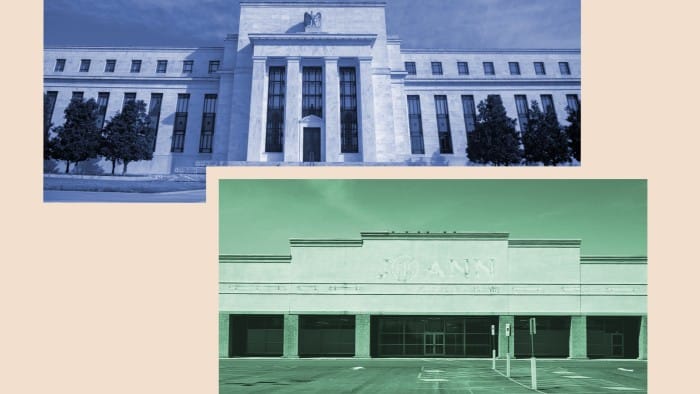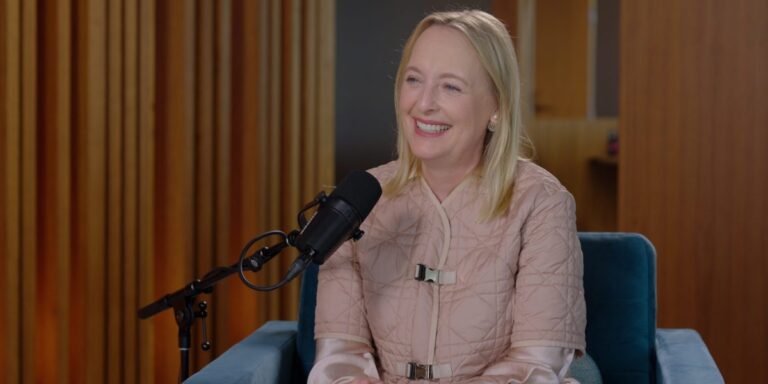[adrotate group="2"]
Higher interest rates and reduced consumer spending are putting pressure on heavily indebted companies supported by private equity firms, leading many to either restructure through bankruptcy or seek out-of-court agreements with creditors to buy time for recovery.
This strain on private equity-backed firms is highlighted in a recent study, which reveals that 110 private equity and venture capital-backed companies declared bankruptcy in 2024, marking a record high.
The failures, primarily within the consumer and healthcare sectors, illustrate that despite a low unemployment rate and a rising S&P 500, parts of corporate America are struggling to cope with the challenges posed by elevated interest rates, declining consumer spending, and extensive debt burdens.
“A primary reason for bankruptcy among companies acquired by private equity is excessive debt,” explained a bankruptcy law expert. “Everything is highly leveraged.”
Last year, rising interest rates impacted the corporate sector significantly, resulting in a peak in bankruptcy filings not seen since the financial crisis. Private equity and venture capital-backed companies experienced disproportionate difficulties, with their portfolios increasingly contributing to total corporate bankruptcies.
Data collected since 2010 indicates this trend includes both privately held companies with majority private equity ownership and some publicly traded companies with minority equity positions. A separate analysis focusing on larger private equity filings suggests that while bankruptcy numbers may not have surged as sharply, out-of-court restructurings have become more common, masking the true extent of financial distress.
The implications of high debt were exacerbated by the Federal Reserve’s rate increases, which raised the costs associated with repaying floating-rate loans held by private equity-backed companies. With interest rates remaining high for nearly three years, hopes for substantial reductions appear slim.
An example of the difficulties facing private equity-supported companies can be seen in the software firm ConvergeOne, acquired by CVC Capital Partners in 2019. The company experienced financial strain due to its aggressive acquisition strategy prior to the rise in interest rates, ultimately filing for bankruptcy with just $21 million in cash and $1.8 billion in debt.
The retail and consumer sectors have felt considerable upheaval, according to market experts, as consumers search for value amidst inflationary pressures. While many private equity-backed firms face bankruptcy as a result of their debt and operational struggles, some cases have emerged involving contentious disputes.
A notable example is Instant Brands, known for its Instant Pot pressure cookers. Acquired by Cornell Capital for over $600 million in 2019, the company filed for bankruptcy in 2023. Following its bankruptcy filing, creditors accused Cornell of withdrawing significant cash from the company through a $345 million dividend, leaving Instant Brands insolvent.
A trial concerning these allegations is set to take place later this year, with Cornell Capital denying any wrongdoing and attributing the company’s troubles to uncontrollable macroeconomic factors.
Attempts to circumvent bankruptcy through out-of-court tactics, known as liability management exercises (LMEs), have increased as companies aim to avoid Chapter 11 proceedings. However, these measures frequently fall short; a recent survey indicated that less than half of companies view their LMEs as successful, and only a tiny fraction consider them permanent solutions.
Certain firms have repeatedly entered bankruptcy, a situation referred to as “Chapter 22” or “Chapter 33” proceedings, signaling multiple filings. Joann, a fabric and sewing supplies retailer, represents one of these cases, having undergone two separate filings within the past year.
Originally acquired for $1.6 billion by a private equity firm in 2011, Joann was taken public in 2021 while retaining its largest shareholder. While the company thrived during the pandemic due to increased crafting activity, it faced declining sales as consumer habits changed, coupled with higher interest payments and supply chain challenges. Ultimately, Joann filed for bankruptcy in March, restructured its debt, but returned to Chapter 11 soon after, citing ongoing issues with vendor shipments.
Overall, experts note the challenging landscape for private equity companies, emphasizing that their primary interest lies in realizing profits from their investments rather than navigating complex financial recovery processes.
photo credit: www.ft.com
[adrotate group="2"]





